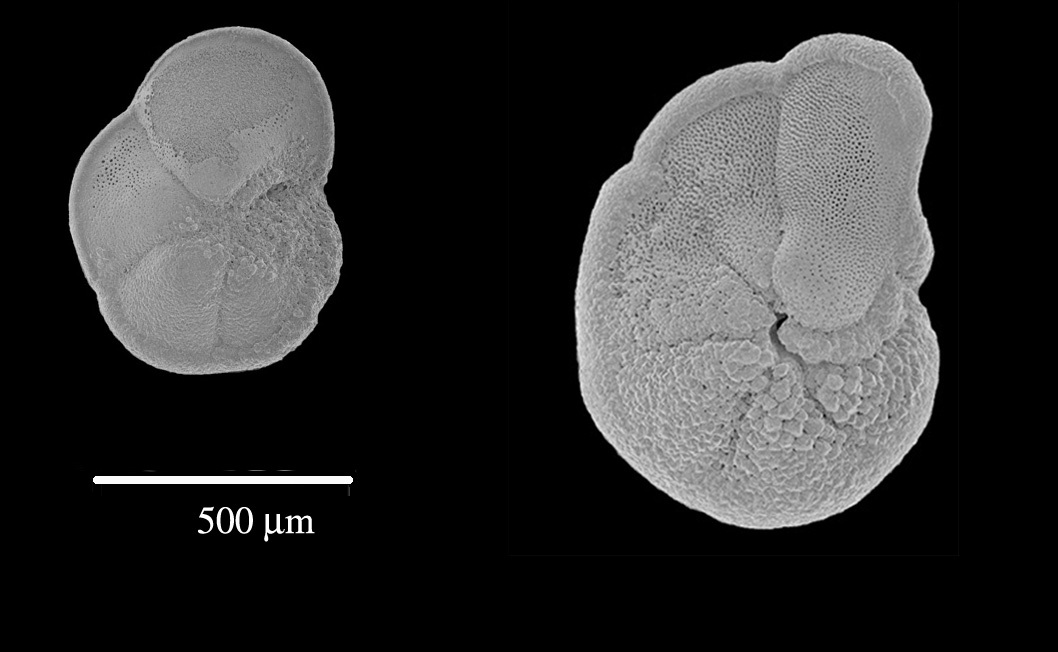1/9/09 post to ClimateConcernGroup
re: Consumer-side v. Producer-side Environmentalism http://links.org.au/node/843
No doubt it does help to look around at all the contradictions, and try to connect them, but from a scientific view each side of a circle still represents the same object. The difference between the “production” and “consumption” side, from a systems view of the economic issues, is that they’re two sides of the same circle.
The actual control available for natural system circles is usually not in which side of the circle you favor, but the economic multiplier that adds or subtracts an increment to both sides of the circle every time a dollar goes all the way around it. Continue reading “Producer side” & “Consumer side” as one circle

